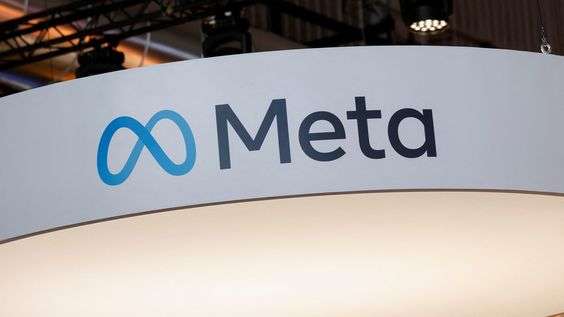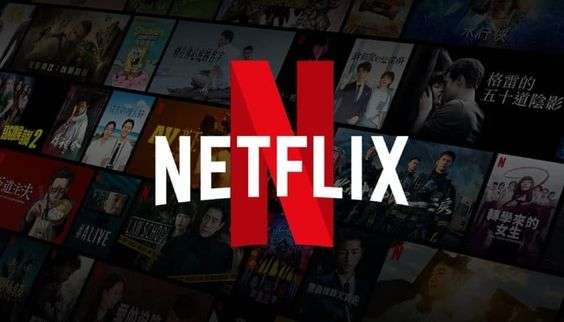Meta has firmly refuted claims alleging that it granted Netflix access to users’ private messages, amidst a storm of controversy sparked by Elon Musk’s engagement on the matter via the social media platform X. These assertions surfaced following the emergence of a court filing within the context of a class-action lawsuit focusing on data privacy practices, involving Meta, the parent company of Facebook.
At the heart of the issue lies the assertion within the document of a purported “special relationship” between Netflix and Facebook, indicating that Facebook had curtailed spending on original programming for its Facebook Watch video service to avoid direct competition with Netflix, which is a significant advertiser on Facebook’s platform. Moreover, the document suggests that Netflix had been granted access to Meta’s “Inbox API,” purportedly enabling the streaming giant programmatic access to the private message inboxes of Facebook users.
Elon Musk’s involvement in this debate further amplified the discourse, as his posts on X reacting with “Wow” and “Yup” to various assertions propelled the issue to wider attention, resulting in a flurry of responses and criticisms regarding the perceived commodification of Facebook user data.
In response to these claims, Meta’s communications director, Andy Stone, took to X to contest the veracity of the document’s allegations. Stone vehemently denied any instance of Meta sharing private messages with Netflix, asserting that the agreement in question merely facilitated the ability for users to message their friends on Facebook about Netflix content directly from the Netflix app. This form of arrangement, Stone emphasized, is commonplace within the industry.
While Meta acknowledges that Netflix did possess programmatic access to users’ inboxes, it maintains that this access was not utilized to read private messages. However, beyond Stone’s initial post on X, Meta has refrained from providing further commentary on the matter.
The issue is not entirely novel, as historical accounts from The New York Times in 2018 have previously reported similar claims regarding Netflix and Spotify’s access to private messages. Meta has consistently denied such assertions, arguing that the access granted was intended to enable users to share information about Spotify or Netflix content without compromising the privacy of their messages.
It’s important to note that Messenger, the messaging platform owned by Meta, did not implement default end-to-end encryption until December 2023. This development is significant, as the lack of encryption combined with the access granted to third parties raises questions about the integrity and privacy of users’ messages, even if the primary focus of the business arrangement wasn’t centered around message interception.
While Andy Stone attempts to downplay Netflix’s ability to access private messages, it’s worth noting that Netflix enjoyed a level of access that other companies did not. The document suggests that Netflix had access to Facebook’s “Titan API,” a private API that facilitated integration with Facebook’s messaging app. In exchange for this access, Netflix agreed to provide Meta with regular reports and maintain the confidentiality of their API agreement.
Meta’s relation between Netflix and Facebook

Furthermore, the document sheds light on the intricate dynamics between Netflix and Facebook, with then-Netflix CEO Reed Hastings holding direct communications with top Meta executives, including CEO Mark Zuckerberg and COO Sheryl Sandberg. Zuckerberg’s involvement in redirecting resources away from competing with Netflix underscores the strategic importance of maintaining a symbiotic relationship between the two tech giants.
In summary, while Meta vehemently denies allegations of providing Netflix access to users’ private messages, the complexity of their relationship and the historical context of similar claims raise broader questions about user privacy and the extent to which tech companies may leverage access to user data for mutual benefit.





